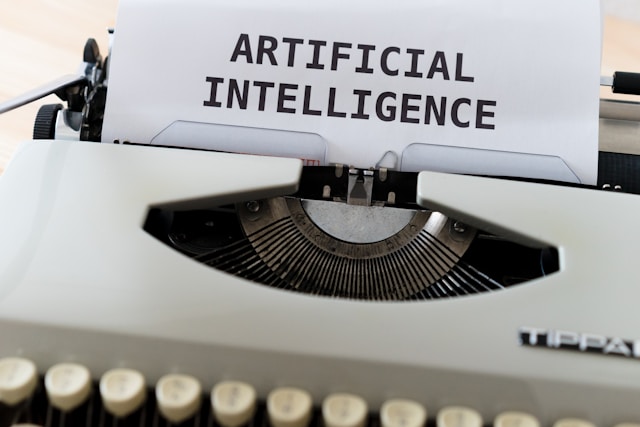The AI Advantage or a Hiring Mirage?
Artificial intelligence is no longer a buzzword, it’s a job applicant’s tool, a recruiter’s filter, and a legal gray area all at once. As AI infiltrates nearly every stage of the hiring process, both employers and job seekers are discovering its strengths and its blind spots. But as convenience increases, so does the complexity. What happens when algorithms write your resume, or screen it? And how should employers respond to candidates who submit applications polished by a machine?
The Rise of AI in the Job Search
From the job seeker’s perspective, AI tools like ChatGPT and resume generators have become common. A 2025 Employ Inc. report revealed that 31% of candidates now use AI in their job search, a notable increase from previous years. These tools are used to not only assist with drafting resumes and cover letters, and customizing applications to job descriptions, but even to prepare for job interviews. For job hunters facing burnout—reported by over two-thirds of those surveyed—AI provides a boost of confidence and efficiency. However, this reliance comes with a trade-off. Documents produced by AI often sound polished but impersonal, prompting recruiters to question whether a candidate truly understands the role or merely submitted a high-quality algorithmic draft.
Employer Responses and Screening Trends
Employers, in turn, are adapting rapidly. With popular job listings sometimes attracting over a thousand applications, companies are increasingly using their own AI tools to screen candidates. Pre-employment assessments, once a supplement, are now a frontline filter: a Business Insider report from July 2025 noted that 76% of companies utilize skills or personality testing as a countermeasure against generic or AI-assisted applications. Still, there’s hesitation around over-automation. According to Lifewire, while 70% of HR professionals trust AI to support hiring, just 37% believe it should replace human judgment on candidate qualifications.
Deepfakes, Disclosure, and Trust
The rise of AI in interviews introduces new risks. Deepfakes and manipulated audio or video clips have appeared in virtual interviews, causing employers to tighten identity verification protocols. Candidates, meanwhile, are left guessing whether they should disclose their AI use up front which is a practice some experts recommend for transparency. The use of AI also puts pressure on candidates to “keep up” technologically, further marginalizing applicants without access to digital resources or the savvy to use them.
A Balanced Path Forward
In this evolving landscape, balance is key. Candidates should consider AI as a brainstorming or editing tool, not a substitute for their authentic voice. Employers, for their part, must ensure their reliance on automation doesn’t overshadow the value of human potential and personal connection or violate applicable employment law requirements or other laws. Ultimately, the job application process is still a human endeavor, one that benefits most when technology is used responsibly on both sides.
Partnering with Romano Law
Whether you’re a business implementing AI in hiring or an individual navigating the risks of disclosure, this new frontier demands thoughtful guidance as well as measures to avoid legal exposure. Romano Law works with companies and professionals to ensure their practices align with employment laws, AI regulation, and fairness in hiring. If you’re unsure how to strike the right balance between innovation and compliance, we’re here to help you move forward confidently.
Contributions to this blog by Kennedy McKinney.




